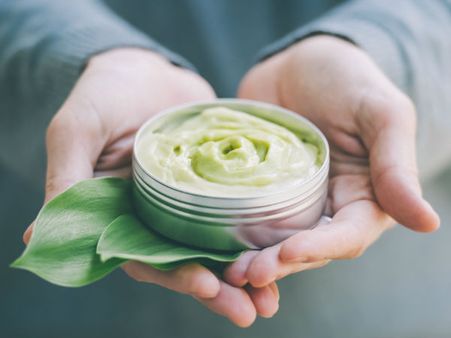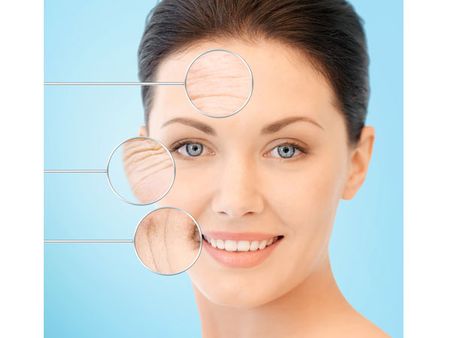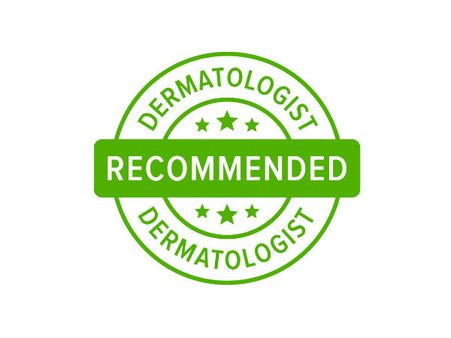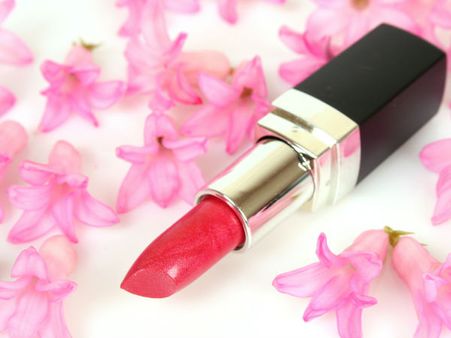Just In
- 18 min ago

- 6 hrs ago

- 8 hrs ago

- 11 hrs ago

Don't Miss
- Sports
 IPL 2024: Rishabh Pant - The Babysitter! Fans adore Delhi Capitals captain after viral video with Kids
IPL 2024: Rishabh Pant - The Babysitter! Fans adore Delhi Capitals captain after viral video with Kids - Movies
 Crew Box Office Collection Day 21: Kareena's Film Barely Sees Growth; Crosses Rs 70 Cr In 3 Weeks
Crew Box Office Collection Day 21: Kareena's Film Barely Sees Growth; Crosses Rs 70 Cr In 3 Weeks - Finance
 8 Tata Group Stocks To Buy That Will Pay Dividends Soon, Q4 In Focus; Are You Invested?
8 Tata Group Stocks To Buy That Will Pay Dividends Soon, Q4 In Focus; Are You Invested? - News
 Iran Embassy In Paris Cordoned Off Following Reports Of Suspect With Explosives
Iran Embassy In Paris Cordoned Off Following Reports Of Suspect With Explosives - Automobiles
 Suzuki Swift Hatchback Scores 4 Star Safety Rating At JNCAP – ADAS, New Engine & More
Suzuki Swift Hatchback Scores 4 Star Safety Rating At JNCAP – ADAS, New Engine & More - Education
 NLSIU Announces the Rajiv K. Luthra Foundation Grant
NLSIU Announces the Rajiv K. Luthra Foundation Grant - Technology
 Dell Introduces AI-Powered Laptops and Mobile Workstations for Enterprises in India
Dell Introduces AI-Powered Laptops and Mobile Workstations for Enterprises in India - Travel
 Journey From Delhi To Ooty: Top Transport Options And Attractions
Journey From Delhi To Ooty: Top Transport Options And Attractions
Why You Should Check The Composition Labels On Your Makeup Products
Here is why you should check the composition labels on your makeup products.
We all want the best products for our skin, and makeup companies really can go overboard with promising female consumers the sky and beyond. One can find the most amazing things on make-up labels, and they're not all to be believed.
However, if you really want to be told that your makeup is doing the best job in the world and that you weren't conned yet again by some greedy cosmetic company, you might be a tad bit disappointed.

It turns out that there is no one single product that can do the work of five all by itself, so that one super-product which claims to have all these super-features is just a SUPER-LIE.
Makeup is best used in conjunction with a serum and, surprise - sunscreen - so that defeats some other myths that are hanging around there too. Here's what you should keep an eye out for on composition labels while buying your makeup products:

SPF:
Makeup with SPF is suspicious. How effective can the SPF in your foundation be anyway? Dermatologists advocate a minimum SPF of 15, for 93% protection and most foundations don't even come close to that. Plus, you're expected to reapply your sunscreen every two hours once, and imagine having to cake on your foundation just to reapply your sunscreen!

Natural/Organic:
Natural or organic makeup is probably one of the biggest scams ever. If you really read the ingredients closely, you'll find them stock-full of the usual chemical suspects. And if you check the percentage of natural ingredients in the supposedly natural makeup, it's never more than 2% or 5%. Plus, ‘natural' is what you can make at home best; never forget that.

Anti-ageing:
Any makeup product that promises to reduce your fine lines and wrinkles is lying through its teeth. Nothing can reverse the ageing process, certainly not makeup. Chemical treatments can mask the overt signs of ageing, but they can't prevent it and no makeup can either.

Dermatologist Tested:
A lot of people fall for the dermatologist-tested gag, and assume their product is literally prescribed by a doctor. Getting a product tested by a dermatologist isn't a big deal; getting a product prescribed or endorsed by one is. So, know the difference and judge your labels.

Oil-free:
Simply because having a matte, oil-free finish is such a craze, every makeup company worth its salt is endorsing "oil-free brands" to entice female consumers to come and buy their products. However, oil free is rarely completely oil free. All makeup invariably uses fats and oils in some form or the other, and the "100% completely oil-free" makeup is an illusion.

Non-scented:
Makeup can often be strongly scented; and if you don't like going out smelling like ten different things all at once, you might opt for ‘scent-free' makeup. However, like oil-free, scent-free makeup is also an illusion. It isn't really possible for makeup to be 100% scent-free. Oh well, big deal you think. Maybe not, but if you're allergic to irritants like harsh scents that can be found in makeup products, then you really do have a problem.
So, dear ladies, getting real about composition labels is the need of the hour; the sooner the better!
-
 insyncWhat Is Porcelain Doll Makeup Trend? 6 Tips To Achieve The Doll-like Glamour
insyncWhat Is Porcelain Doll Makeup Trend? 6 Tips To Achieve The Doll-like Glamour -
 beautyChaitra Navratri 2024: 7 Mesmerizing Makeup Ideas To Ace Your Festive Look
beautyChaitra Navratri 2024: 7 Mesmerizing Makeup Ideas To Ace Your Festive Look -
 beautyAlia Bhatt's No Makeup Look, 7 Simple Steps To Accentuate Your Radiant Beauty
beautyAlia Bhatt's No Makeup Look, 7 Simple Steps To Accentuate Your Radiant Beauty -
 beautyHappy Birthday Alia Bhatt: Stunning Actress' Guide To Ice Water Facials & Foundation-Free Makeup, Watch Video!
beautyHappy Birthday Alia Bhatt: Stunning Actress' Guide To Ice Water Facials & Foundation-Free Makeup, Watch Video! -
 beautyAlia Bhatt's Glamorous Smokey Eyes And Glass Skin Makeup Look: 7 Tips To Achieve Radiant Glamour
beautyAlia Bhatt's Glamorous Smokey Eyes And Glass Skin Makeup Look: 7 Tips To Achieve Radiant Glamour -
 beautyJanhvi Kapoor Inspired Glitter Makeup Look, 8 Steps To Unleash Your Inner Glam
beautyJanhvi Kapoor Inspired Glitter Makeup Look, 8 Steps To Unleash Your Inner Glam -
 beautyInternational Women's Day 2024: 7 Captivating Makeup Ideas To Empower Your Beauty
beautyInternational Women's Day 2024: 7 Captivating Makeup Ideas To Empower Your Beauty -
 beauty7 Makeup Hacks For An Elegant Wedding Guest Look, Pick Your Favourites!
beauty7 Makeup Hacks For An Elegant Wedding Guest Look, Pick Your Favourites! -
 beautyPermanent Makeup Trend: A Simple Guide To Achieve Perfection With Beauty Artistry Methods
beautyPermanent Makeup Trend: A Simple Guide To Achieve Perfection With Beauty Artistry Methods -
 beautyAlia Bhatt's Classic Makeup Look, 5 Easy Tips To Achieve Elegance
beautyAlia Bhatt's Classic Makeup Look, 5 Easy Tips To Achieve Elegance -
 beautyValentine's Day 2024: 6 Time-Saving Makeup Ideas To Ace Your Date Look
beautyValentine's Day 2024: 6 Time-Saving Makeup Ideas To Ace Your Date Look -
 beautyTripti Dimri's No-Makeup Look Guide To Embrace Your Natural Beauty, Here's How To Achieve It
beautyTripti Dimri's No-Makeup Look Guide To Embrace Your Natural Beauty, Here's How To Achieve It


 Click it and Unblock the Notifications
Click it and Unblock the Notifications



